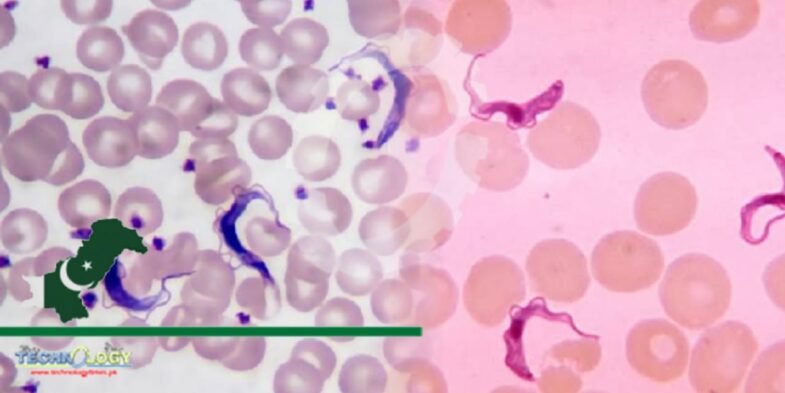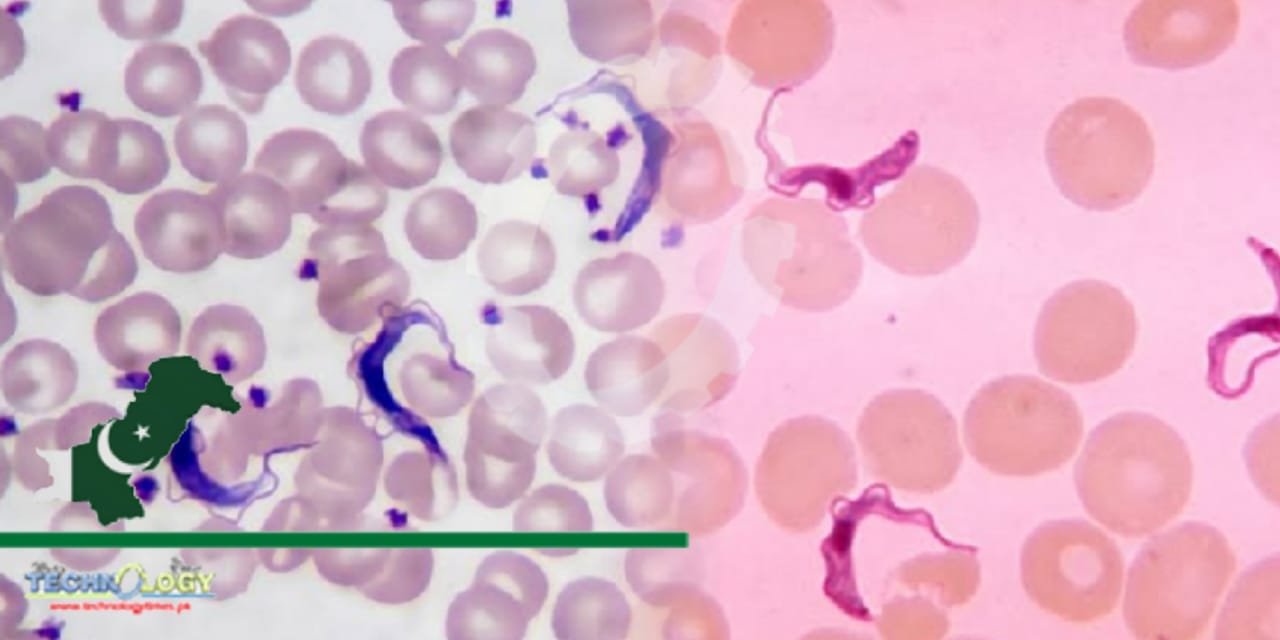COMSTECH organized a lecture on “The Role of Amino Acids in the Bioenergetics of Trypanosoma Cruzi” delivered by Prof. Dr. Ariel M. Silber, Department of Parasitology, University of São Paulo, online on Wednesday.

Prof. Silber talked about Trypanosoma cruzi, and its life cycle and metabolism. He unfolded the very basic fundamentals of mitocohondria and its properties as battery. He discussed the contribution of three amino acids: Proline, Histidine, and Alanine. Prof. Silber concluded his talk on answering the question of how we can obtain some numbers of mitochondrial bioenergetics.
Coordinator General COMSTECH, Prof. Dr. M. Iqbal Choudhary introduced the speaker to the audience. He said OIC member states are spread over four continents from north America to Africa, Middle East and Central and South Asia. Prof. Choudhary said that many of these countries are least developed, these are tropical countries and are facing host of problems like illiteracy, lack of medical supplies, healthcare research and huge disease burden. He said, this is the reason that we started this program in collaboration with NTD Network to develop capacity of scientists in this region through the lectures of top scientists of the world.
COMSTECH, in collaboration with A Global Network for Neglected Tropical Diseases (NTD Network), has launched a virtual lecture series for researchers across the Muslim world. This programme draws upon expertise from both networks, and offers opportunities to gain or enhance researcher’s knowledge, skills and connections, to help grow shared global capacity to tackle these rapidly growing NTDs.
The NTD Network, funded by UKRI’s Global Challenges Research Fund (GCRF), is a consortium of academic researchers from South America, Asia, and the UK, seeking new therapeutic solutions to Leishmaniasis and Chagas disease. Both COMSTECH and the NTD Network aim to promote global scientific cooperation and build research capacity to find new and better therapeutic solutions for NTDs.
This webinar was attended by the academics, scientists and the general public from all OIC member states.
